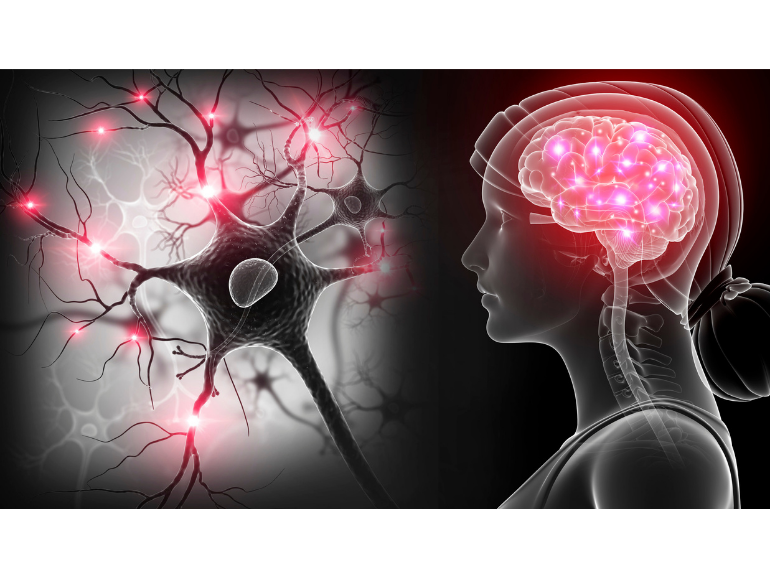Getting Ready For Sex After Birth: Part 2
Let’s talk about SEX.
Specifically, sex after you’ve had a baby.
In my last blog, we started talking about some tips for getting ready for sex after you’ve had a baby. Although most birthers are given clearance to have sex again at the 6-week postpartum check-up, that simply means you have medical clearance. We absolutely need more than the absence of stitches to be ready for sex.
So, you might be ready for it, or you might not be (and both options are OKAY).

BUT… if you want to do it, or you are curious about doing it (these feelings are also normal and okay!), here are some tips to help get yourself physically ready for having sex again for the first time after having a baby.
- Know the anatomy
- Know your anatomy (TAKE A LOOK!)
- Understand the sexual response system
- Decrease stress and increase affection
- Know what “Non Concordance” is
- Use lube (let me tell you which ones)
In the previous blog post we covered steps #1 and #2. (Did you miss it? You can see it here).
In this blog, we’re going to dive into steps #3 and #4.
3. Understand The Sexual Response System
Before we talk about sex, we actually have to talk about your nervous system. You can get a lot of great info about your nervous system in this blog, but we can summarize it like this:
Your nervous system is like a far-reaching, highly efficient messaging system. It includes your brain, and your spinal cord, and all the nerves that run throughout your entire body.
Lots of the stuff happening in your nervous system is automatic (like your heart rate and your blood pressure… or like food moving through your intestines, or an egg releasing at ovulation, or your vagina getting wet when you are turned on). But some of it we can consciously control too, like walking or talking or dancing.

We can talk about the automatic things that happen in our nervous system as part of the autonomic nervous system (it’s pretty close right – automatic and autonomic). And further to that, we typically break the autonomic nervous system into two main branches:
The Sympathetic Branch
This branch directs the body’s quick and automatic response to what it perceives to be dangerous or stressful situations. It’s the part responsible for what we call our stress response, or the fight-or-flight (or freeze-or-fawn) response. (This is a bit of an oversimplification… the sympathetic nervous system has other jobs too – it is also active in non-emergency responses. However, it’s a great framework to start from.)
AND
The Parasympathetic Branch
This branch is typically referred to as the “rest and digest”, recover and recharge system because it’s associated with energy conservation and processes like digestion and elimination of waste products from the body. (This is also an oversimplification, but a good start.)
When we put these two branches together, we can call this system a dual control model.
The sympathetic branch is working somewhat like an accelerator, or a gas pedal – ramping things up.
And the parasympathetic branch is working somewhat like a braking system – slowing things down.
And the parallel here is that your sexual reponse is a dual control model system too! (To learn more about this, I highly suggest the book, Come As You Are: Revised and Updated: The Surprising New Science That Will Transform Your Sex Life, by Emily Nagoski)
This is really important to understand.
On one hand, you have your sexual excitation system. We could also call this your accelerator! But your accelerator relies on your brain.
In life, your brain and your nervous system are always taking in information from your 5 senses (smell, touch, sight, taste, & sound). This is happening 24/7, mostly outside your awareness and subconsciously. Your brain’s job is then to take all this information and interpret it.
It then decides if this information coming in is related to sex. If your brain does think some of that sensory info is related to sex (it could be a sound, smell, touch, etc.), and whether you realize it or not, the brain will then send a signal to your genitals to turn on.
Oppositely, as your brain is collecting info from you and your environment, it might decide that sensory input is actually a “threat”, or inapporpriate, or not related to sex, and it will activate your sexual inhibition system. It hits your brakes.
According to the dual control model, sexual arousal is actually really two processes: activating the accelerator (hitting the gas!) and taking the pressure off the brakes.
That sounds simple, but there is more to it than that.
Your sexual reponse is also a product of how sensitive both your brakes and accelerator are.
And like every other thing about your unique body, every person can have different sensitivities in both their brakes and their accelerators.
What combo might you have? You can have super sensitive brakes, and a less sensitive accelerator, or vice versa; or you can be highly sensitive in both, or not very sensitive in either, etc. etc. etc.
In her book, Emily Nagoksi calls this sensitivity your sexual temperament; if you want to find out more about your individual temperament, she has a great quiz in her book you can take.
Tip: This is important because if we want better sex, it might be about taking some pressure off our breaks, or it might be about adding some gas to the accelerator, or maybe both!
And guess what! There’s a good chance that you sexual temperament hasn’t actually changed after the birth of your baby.
HOWEVER, the context of your life has changed a lot.
Context speaks to how your both your external circumstances and your internal brain can influence your sexual responsiveness. And two big players in the context world are stress and love.
So now that you understand the dual control model of your sex response, consider the next step:
4. Decrease Stress and Increase Affection
Stress can negatively affect so many things in life if you’ve got too much of it… and that includes SEX. Most North Americans are soaked in stress! We certainly have no shortage of it.
And it’s probably hitting your brakes.
If your brain and nervous system are already overwhelmed by sensory info that they are interpreting as negative stress and as a “threat” to your system, they probably aren’t going to prioritize reproduction and sex.
The postpartum period (especially early on!) is also a highly stressful season of life. There are tons of physical stressors (hormone changes, active healing, sleep deprivation, etc.) and emotional ones too (who am I as a parent? Are my relationships changing? etc. etc.) Given that you might also be using your body to feed another small human, your brain likely has a lot of sensory input that inhibits your sexual response system!
Generally, increased stress = putting the brakes on sex.
Tip: Consider your current sources of stress and see which ones you can minimize.
Do you have a newborn? Well, minimizing stress right now might be impossible 😂.
Instead, consider how you can nourish your nervous system to increase your tolerance to stress (check out this blog for a list of nervous-system-nourishers).
Physical activity is another amazing way to help your body bust stress and complete the stress cycle.
Next up: LOVE
Love is another piece that plays a big role in the context of our sexual response. Speaking about love here is definitely out of my scope as a physio, but I will tell you this – your relationship with your partner matters big time when it comes to sex.
Check in with yourself, and your partner, and your relationship, how are y’all doing?
Then I encourage you to get curious about ways that you can be more affectionate with each other.
Love and affection often act as gas for our accelerators.
This doesn’t have to be even directly in relationship to a sexual event. Building up your affection throughout a day or week will likely positively influence both your stress levels and your sexual excitation system. And it can add up over time… send your brain sensory inputs and information that are soothing, safe, and sexual!
Sex is complex. Humans are complex.
There are a lot of factors that can contribute to good sex… but that means there are many things we can do to increase our pleasure and enjoyment. Hopefully these tips help!
And stay tuned for more! There will be one more blog in this series on getting ready for sex after birth. (Did you miss the first part? Check it out here).
And if you’d like more guidance navigating sex (and your healing!) in the postpartum period, you should definitely check out The Postpartum Plan. I’d love to help you more.
~Mandy
